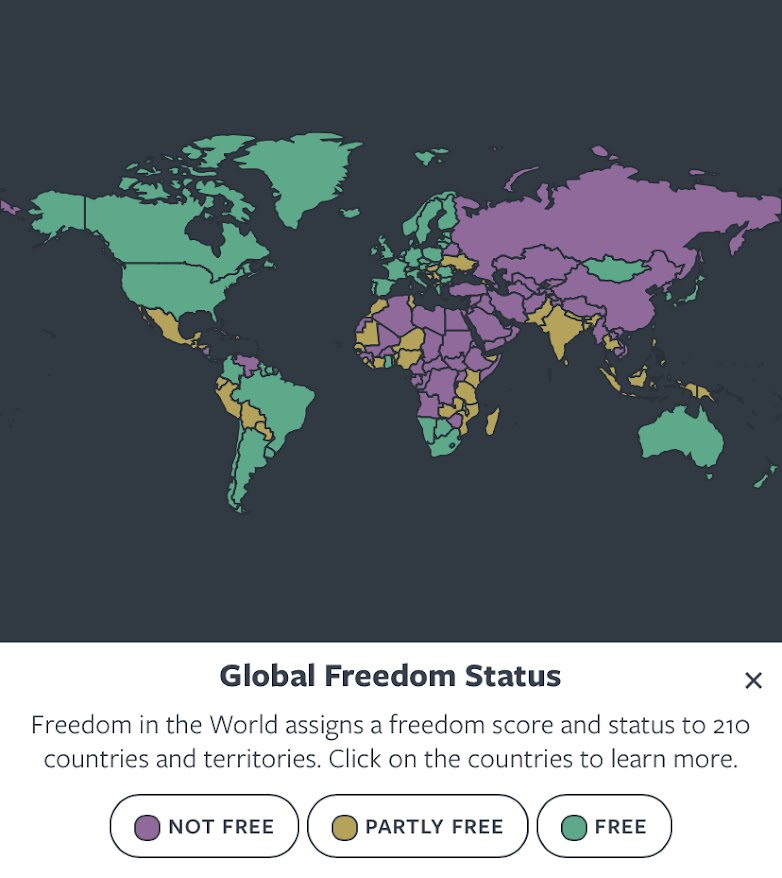The concept of “Hole People Levels” refers to the different stages or levels of personal growth and development that individuals may experience throughout their lives. This idea has been explored in various fields, including psychology, philosophy, and spirituality. In recent years, there has been a significant advancement in our understanding of Hole People Levels, which has shed new light on the human experience and our journey towards self-actualization.
One of the key advancements in this field is the recognition of the importance of emotional intelligence in personal growth. Emotional intelligence refers to the ability to recognize and understand emotions in oneself and others, and to use this awareness to guide thought and behavior. Research has shown that individuals with high emotional intelligence tend to be more resilient, adaptable, and better equipped to navigate the challenges of life. This has led to the development of new strategies and techniques for cultivating emotional intelligence, such as mindfulness meditation and emotional awareness exercises.

Another significant advancement in the understanding of Hole People Levels is the recognition of the role of trauma and adversity in shaping our experiences and behaviors. Trauma and adversity can have a profound impact on our lives, affecting our relationships, our self-esteem, and our overall well-being. However, research has also shown that these experiences can be transformative, allowing individuals to develop greater resilience, empathy, and compassion. This has led to the development of new approaches to healing and recovery, such as trauma-informed care and somatic experiencing.
The concept of Hole People Levels has also been influenced by advances in our understanding of the human brain and its development. Neuroplasticity, the brain’s ability to reorganize and adapt in response to experience, has been shown to play a critical role in personal growth and development. This has led to the development of new strategies for promoting neuroplasticity, such as cognitive training and neurofeedback.
In addition, the understanding of Hole People Levels has been advanced by the recognition of the importance of community and social connection in personal growth. Humans are social creatures, and our relationships with others play a critical role in shaping our experiences and behaviors. Research has shown that individuals who have strong social connections tend to be happier, healthier, and more resilient. This has led to the development of new approaches to building and maintaining social connections, such as social skills training and community-based interventions.
The concept of Hole People Levels has also been influenced by advances in our understanding of the role of culture and society in shaping our experiences and behaviors. Cultural and societal norms, values, and expectations can have a profound impact on our lives, influencing our self-esteem, our relationships, and our overall well-being. This has led to the development of new approaches to promoting cultural competence and social justice, such as cultural sensitivity training and advocacy.
Furthermore, the understanding of Hole People Levels has been advanced by the recognition of the importance of self-awareness and self-reflection in personal growth. Self-awareness refers to the ability to have an honest and accurate understanding of oneself, including one’s strengths, weaknesses, values, and motivations. Self-reflection refers to the process of examining and evaluating one’s thoughts, feelings, and behaviors. Research has shown that individuals who are self-aware and engage in regular self-reflection tend to be more resilient, adaptable, and better equipped to navigate the challenges of life.
The concept of Hole People Levels has also been influenced by advances in our understanding of the role of spirituality and meaning-making in personal growth. Spirituality refers to the search for meaning, purpose, and connection to something larger than oneself. Meaning-making refers to the process of creating and finding meaning in life. Research has shown that individuals who have a strong sense of spirituality and meaning tend to be happier, healthier, and more resilient. This has led to the development of new approaches to promoting spirituality and meaning-making, such as mindfulness meditation and values-based interventions.
In conclusion, the understanding of Hole People Levels has undergone significant advancements in recent years, shedding new light on the human experience and our journey towards self-actualization. The recognition of the importance of emotional intelligence, trauma and adversity, neuroplasticity, community and social connection, culture and society, self-awareness and self-reflection, and spirituality and meaning-making has led to the development of new strategies and approaches for promoting personal growth and development. These advancements have the potential to transform our understanding of human development and to improve the lives of individuals and communities around the world.
The future of Hole People Levels research holds much promise, with new technologies and methodologies being developed to study and understand human development. The use of artificial intelligence, machine learning, and data analytics is expected to play a major role in advancing our understanding of Hole People Levels, allowing for more precise and personalized interventions. Additionally, the increasing recognition of the importance of diversity, equity, and inclusion is expected to lead to a more nuanced understanding of the experiences and challenges faced by individuals from diverse backgrounds.
Overall, the advancements in our understanding of Hole People Levels have the potential to revolutionize the way we approach personal growth and development, enabling individuals to reach their full potential and live more fulfilling lives. As research continues to evolve, we can expect to see new and innovative approaches to promoting human development, leading to a brighter future for individuals and communities around the world.
In the context of Hole People Levels, it is essential to recognize that personal growth and development are lifelong processes. Individuals may progress through different levels of development at their own pace, and may experience setbacks and challenges along the way. However, with the right support, guidance, and resources, individuals can overcome these challenges and achieve their full potential.
The concept of Hole People Levels also highlights the importance of self-compassion and self-awareness in personal growth. Individuals who are able to cultivate self-compassion and self-awareness tend to be more resilient, adaptable, and better equipped to navigate the challenges of life. This is because self-compassion and self-awareness allow individuals to develop a more nuanced understanding of themselves, including their strengths, weaknesses, values, and motivations.
In addition, the understanding of Hole People Levels has implications for education and personal development. Educators and practitioners can use this framework to design more effective interventions and programs, tailored to the specific needs and levels of development of their students or clients. This can lead to more significant and lasting positive outcomes, as individuals are able to progress through the different levels of development at their own pace.
Finally, the concept of Hole People Level People Levels has implications for social policy and community development. By recognizing the importance of personal growth and development, policymakers and community leaders can design more effective programs and interventions to support the well-being and prosperity of individuals and communities. This can lead to more significant and lasting positive outcomes, as individuals and communities are able to thrive and reach their full potential.
In conclusion, the advancements in our understanding of Hole People Levels have significant implications for personal growth and development, education, and social policy. By recognizing the importance of emotional intelligence, trauma and adversity, neuroplasticity, community and social connection, culture and society, self-awareness and self-reflection, and spirituality and meaning-making, we can design more effective interventions and programs to support the well-being and prosperity of individuals and communities. As research continues to evolve, we can expect to see new and innovative approaches to promoting human development, leading to a brighter future for individuals and communities around the world.
